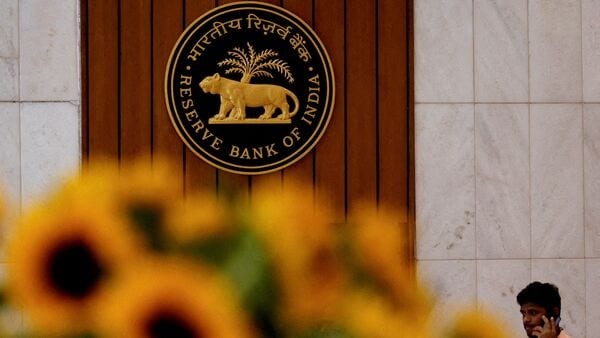The Reserve Bank of India is now taking a major step toward converting bank deposits into digital tokens. The RBI will soon launch a pilot project for “deposit tokenization.” This experiment will initially be conducted with select banks.
It is believed that this process will make banking transactions faster and more secure. This information was provided by a senior RBI official. He explained that deposit tokenization means converting bank deposits into digital tokens, which will be stored securely on the blockchain. These tokens will have the same value as the actual deposit and can be used for payments, transfers, and settlements within the banking system.
Developed safety standards
The aim is to further strengthen the future digital banking system. The RBI official also stated that transparency and legality are essential in the tokenization process. The associated risks are fully controlled, and the RBI has established the necessary security standards.
Digital currency was launched in 2022
The RBI previously launched a wholesale pilot of its digital currency on November 1, 2022, to digitize government securities transactions. It then launched a retail pilot on December 1, 2022, facilitating person-to-person and person-to-business transactions. By March 2024, retail digital currency usage had increased from ₹6 crore to ₹234 crore, demonstrating continued growing trust in digital currency.
Important questions and answers related to this scheme
1. What is digital tokenization?
This means converting a real asset (such as bank deposits, shares, bonds, etc.) into a digital token form so that it can be stored on the blockchain.
2. How will it be used?
These tokens can be used for faster money transfers and transaction settlements between different banking systems.
3. What will be the benefit to the common people?
This plan will make transactions faster, cheaper, and more secure. It will increase transparency in banking processes and reduce the likelihood of fraud. In the future, if successful, customers will be able to hold their deposits, investments, or government bonds as digital tokens.
4. Which technology will RBI use?
The central bank will use the wholesale segment of its Central Bank Digital Currency (CBDC) in this pilot. This is the same blockchain-based technology used to settle large transactions between banks and financial institutions.
5. How safe is this technology?
With the help of this technology, all transactions will be recorded on the blockchain, so there will be no irregularities or duplicate transactions.
6. Is this a similar scheme to digital currency (CBDC)?
No, it’s different. CBDCs are digital currencies that can be used by ordinary people, while deposit tokenization is being used to convert deposits within the banking system into digital form. This will make banking transactions more secure.
7. Pilot project?
The RBI is launching this pilot today, October 8th. Initially, it will be conducted on a trial basis with a few selected banks. If successful, it could be implemented on a larger scale in the future.
8. What is Blockchain technology?
It is a digital technology in which all transactions are recorded in a digital register format. Each new transaction is added as a block, hence the name “blockchain.” Its unique feature is that no record can be changed or deleted. The data remains completely secure, making it virtually impossible to breach.




